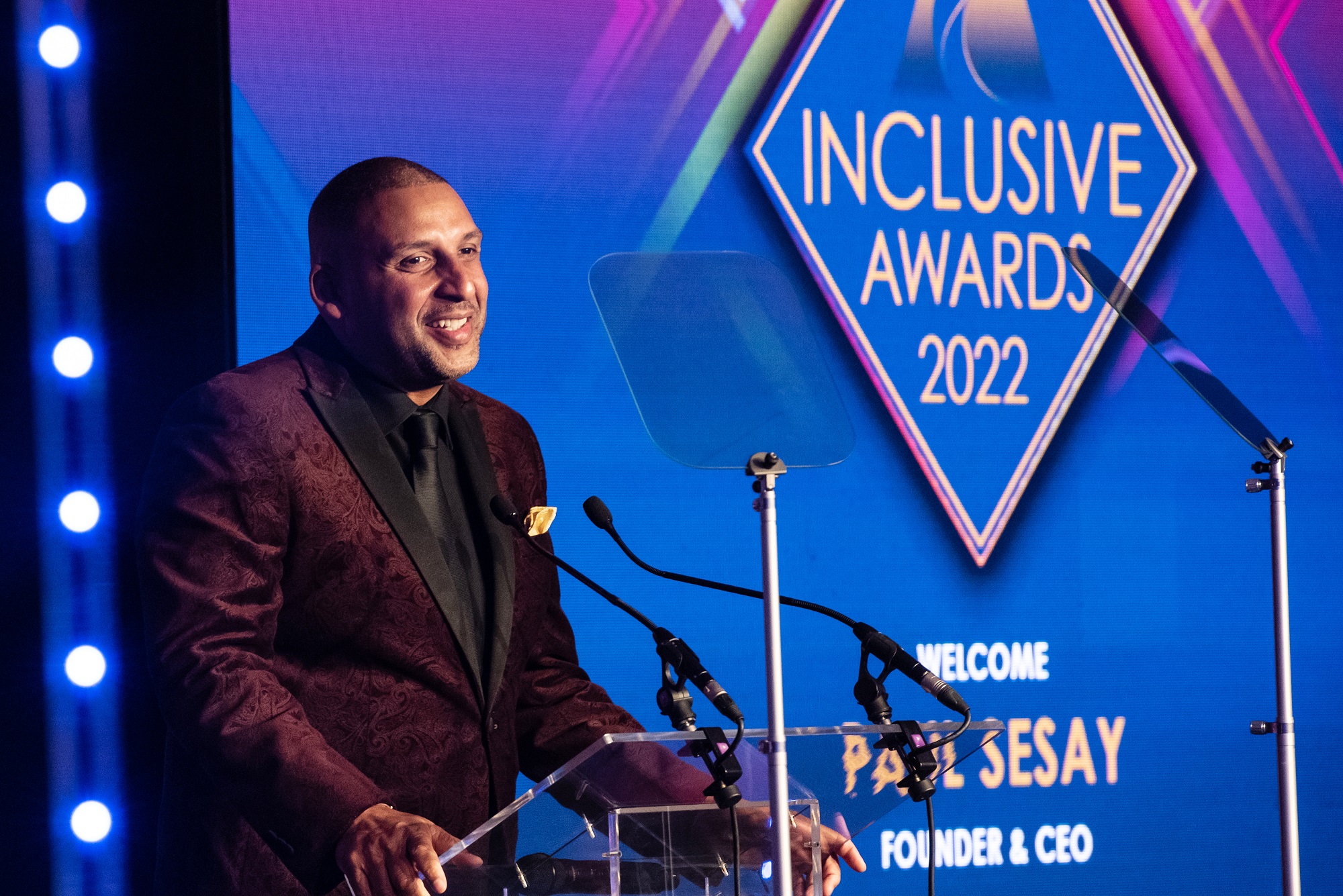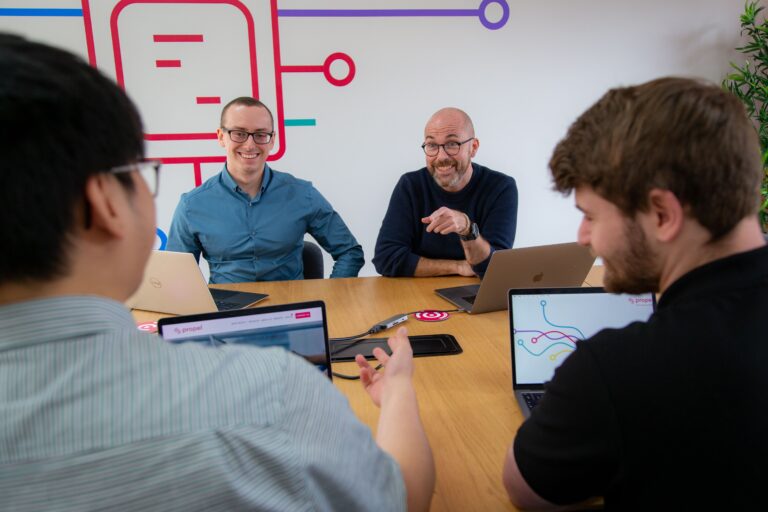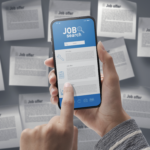Disability Pride started as a one-day celebration in 1990, in Boston, USA. It was the same year as the Americans with Disabilities Act was signed. Like last month’s LGBTQ+ Pride, it has grown from smaller beginnings and out of a demand for people to be recognised, valued and included.
But I ask whether this is truly the case in today’s UK? The reason I say this is that many of us struggle when it comes to considering ‘disability’, both what it means and how it may manifest itself. We may be quick to deem disability as being ‘physical’, perhaps thinking that this is someone who uses a wheelchair, for example. Indeed, as regards workplaces, and society at large, the wheelchair sign is displayed to signify accessible entrances and exits. It is meant to be helpful and, clearly, does offer a definite message. However, consider this, of the 13.3 million disabled people within the UK only 1 million are wheelchair users. We may say that for ease of understanding (especially when dealing with access and the possibility of the need for quick responses) one image has to fit all? Yes, in that instance, but it does not detract from the fact that 92.5% of all disabled people in their daily lives do not relate to that image. So, is it surprising that many people struggle to truly understand what being disabled may mean?
The 2010 Equality Act
The 1995 Disability Discrimination Act, within the 2010 Equality Act defines a disabled person as ‘someone who has, or who has had in the past, a physical or mental impairment which has a substantial and long-term adverse effect on his or her ability to carry out normal day-to-day activities’. That can be quite daunting for an employer to understand and embrace within their organisation and one reason why we at Inclusive Companies assembled a toolkit to demystify this and provide employers with the tools to be inclusive within the workplace.
The need to address disability inclusion at work
In the Inclusive Top50 UK Employers List 2022/23 the lack of understanding and knowledge was laid bare. A very revealing statistic showed that 22.41% of all the very many organisations which submitted data, did not have any for disability representation across their overall workforces. This was an increase of nearly 5% on the 2021/22 figure, making disability the least reported protected characteristic across the overall workforce level. How can you help and be truly inclusive, if you don’t know with whom you are working?
Alongside that finding, it was also revealed that all 4 levels (Executive Board, Senior Management, Middle Management and Overall Workforce) reported an increase in the number of organisations which had 0% disability representation. Either they did have clear data and did not have anybody within that protected characteristic which, given the number of disabled people in the UK and the definition above, is quite staggering, or they misunderstood what it meant to be disabled. When considering all of the above findings, is it no wonder I cast doubt on our workplaces recognising, valuing and including disabled people?
Addressing the situation
Being fully inclusive and diverse takes time, care, planning and training to build awareness and understanding.
A highly effective place to start is by having a network for disabled colleagues. It has been shown, time and again, that networks create a sense of belonging. They are one of the most effective ways for lines of communication to be strengthened and for misunderstandings to be reduced. And as with any people’s network for any protected characteristic, ensure it is open to all so that education and learning start.
It allows what can be seen as difficult conversation to have a safe and secure foundation in order for employers to listen to what is getting in the way of people enjoying their work.
Taking stock of the culture of your organisation is vital – and the training of Line Managers is essential as people must feel comfortable talking to a person. They may well need to explain their disability and, most importantly, what their employer can do to help them to be their best. Equally important as ensuring the person with the disability feels heard and understood, is to enable the person with responsibility to help them to feel comfortable having that conversation.
Declaration conundrum
It is important to remember that staff and prospective employees are not obliged to declare their disability, nor can employers ask them. This makes is doubly difficult to identify where support may be needed. And hugely important to create an environment where people are encouraged to be open and feel able to speak up.
Adjustments you can make
Adjustments can be helpful but don’t assume that everyone with a disability needs – or wants – an adjustment. Speak to your colleague before you suggest any changes which might include:
- Reallocation of duties
- Adjusting hours to help with travel/place of work
- Providing a quieter space for those with a mental impairment
- Giving access to a wider/lower desk for those with a physical impairment
- Modifying equipment
- Providing assistance in specific circumstances
- Additional training
- Having a language guide for all staff to enable everyone to understand how to describe disabilities and speak without causing accidental offence
Changes you can bring
- Identify and change processes which support unconscious bias
- Wider staff training of disability awareness (they don’t know what they don’t know)
- Training Line Managers
- Strengthening your hiring pipeline by engaging with community groups
- Ensuring recruitment processes (job descriptions/interviews) are inclusive
The benefits this can bring
Disability Pride Month provides the platform to celebrate each person’s uniqueness, promote mainstream awareness and encourage pride felt by people with disabilities – at work as much as at home.
It is the perfect time to review how inclusive you are of people with a disability: starting the conversation and reviewing your organisation’s culture will ensure everyone can bring their best self to work, thrive and succeed.









